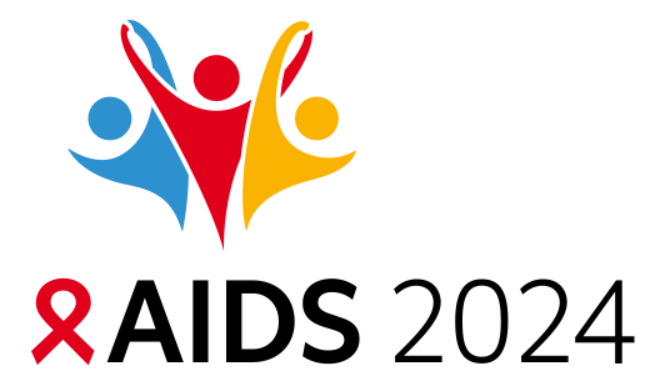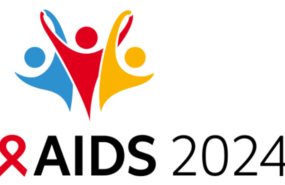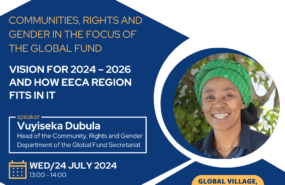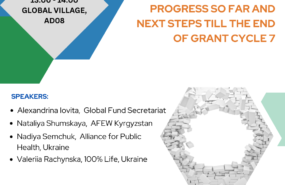TBEC case study on the impact of Global Fund transition on the region (procurement in Georgia)
- 16.08.2018 08:30
- Post Views: 938
Global Fund has provided financial assistance to Georgia’s national HIV/AIDS Programme since 2003 and the National TB Programme since 2005. Global Fund plays a crucial role in ensuring access to treatment, including allowing Georgia to procure quality assured, affordable drugs through pooled procurement mechanisms, such as Global Fund’s Pooled Procurement Mechanism for HIV and the Global Drug Facility (GDF) for TB. Georgia was recently re-classified as a lower-middle income country (LMIC) by the World Bank, despite GDP per capita gradually increasing in recent years, and this could impact its co-financing requirements with Global Fund after the current 3-year funding cycle ends.
This case study explores how Georgia and the Global Fund have acted to ensure that transition from Global Fund funding does not compromise stable procurement of TB and HIV commodities and access to medicines, in terms of both continuity and scale up. Georgia has been successful through early planning, collaboration with partners and many other reasons explored throughout this case study.
Please find the full version of the case study here.
Related News
AIDS 2024: Communities, Rights and Gender in the Focus of the Global Fund: vision for 2024 – 2026 and how EECA region fits in it
24.07. at 13.00 join the community Dialogue with the Head of Community, Rights & Gender Department in the Global Fund Secretariat Post Views: 12 Read moreAIDS 2024: Global Fund Breaking Down Barriers Initiative in EECA: progress so far and next steps till the end of Gran Cycle 7
On the 23rd of July at 13.00 join the session with Alexandrina Iovita, Senior Technical Advisor, Human Rights, Community Rights and Gender Department, Global Fund Secretariat Post Views: 11 Read moreEECA Region Space Schedule during AIDS 2024

Welcome to the EECA Region Space at the Global Village during AIDS 2024 Conference! Our dedicated space at the Global Village is designed to highlight the unique perspectives and experiences of the EECA region, fostering collaboration and inspiring action. Join us for a series of engaging sessions, workshops, and presentations that will explore a wide range of topics.
Services for migrants and refugees from Ukraine – HIV/TB care with a focus on key populations
Due to the increasing flows of refugees from Ukraine because of Russia’s invasion of Ukraine, the EECA Regional Platform created a spreadsheet to fill contacts details of face-to-face and online services for refugees and migrants (with a focus on HIV/TB care and key population groups).
Regional Platform – EECA
This web-resource is a part of new regional communication and coordination project “Regional Civil Society and Community Support, Coordination and Communication Platform - EECA”, implemented by Eurasian Harm Reduction Association (EHRA).
Tags
See also
-
Events with Global Fund Speakers at AIDS 2024 17.07.2024 14:43
-
EECA Region Space Schedule during AIDS 2024 12.07.2024 11:14
-
Two Requests for Proposals from the Global Fund 04.07.2024 11:42
-
EECA’s Regional Platform monthly Newsletter #6, July 2024 04.07.2024 11:28







